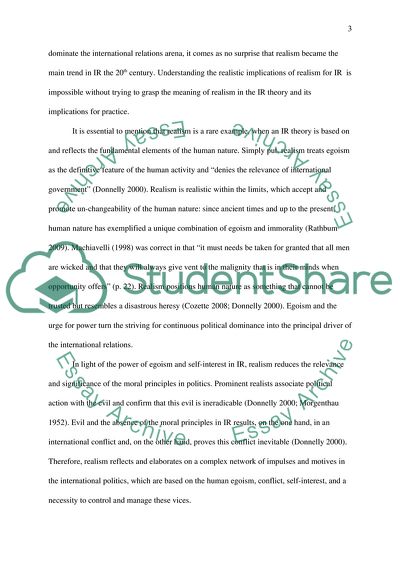Cite this document
(International Relations - Is Realism Realistic Coursework, n.d.)
International Relations - Is Realism Realistic Coursework. Retrieved from https://studentshare.org/social-science/1747611-international-relations-is-realism-realistic
International Relations - Is Realism Realistic Coursework. Retrieved from https://studentshare.org/social-science/1747611-international-relations-is-realism-realistic
(International Relations - Is Realism Realistic Coursework)
International Relations - Is Realism Realistic Coursework. https://studentshare.org/social-science/1747611-international-relations-is-realism-realistic.
International Relations - Is Realism Realistic Coursework. https://studentshare.org/social-science/1747611-international-relations-is-realism-realistic.
“International Relations - Is Realism Realistic Coursework”, n.d. https://studentshare.org/social-science/1747611-international-relations-is-realism-realistic.


